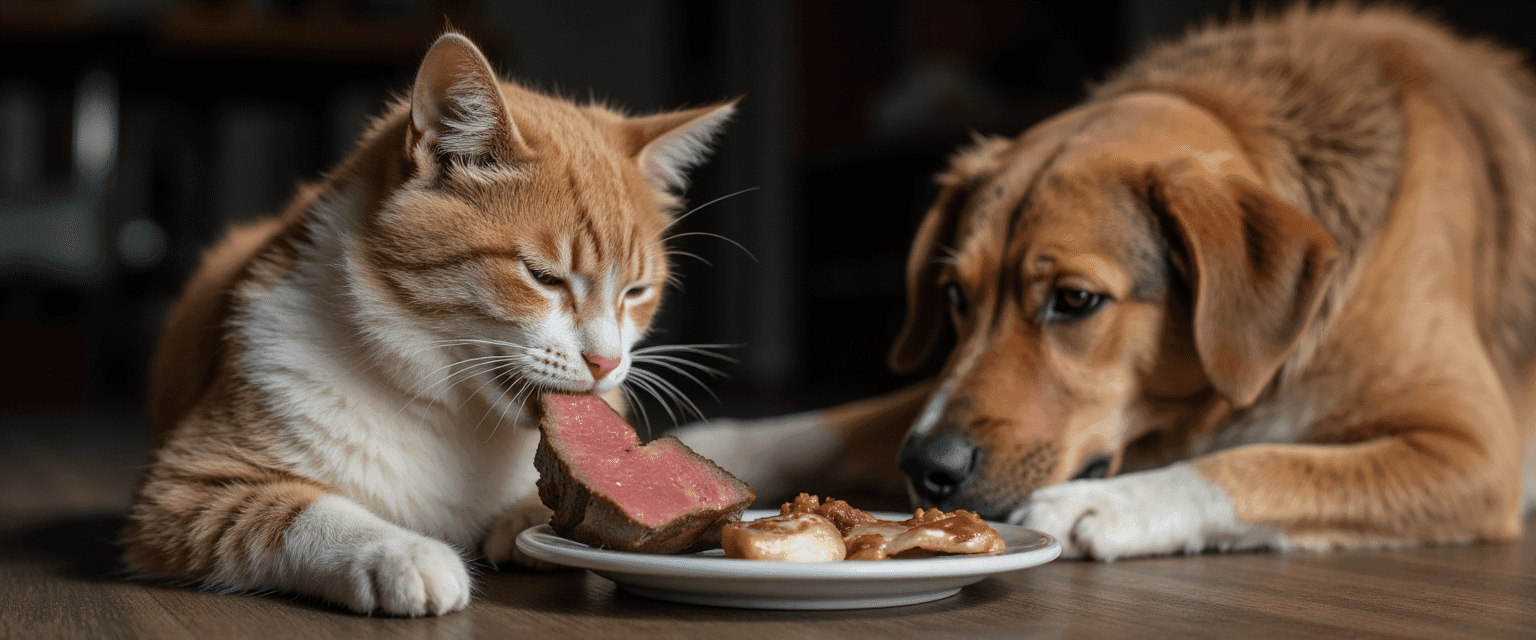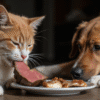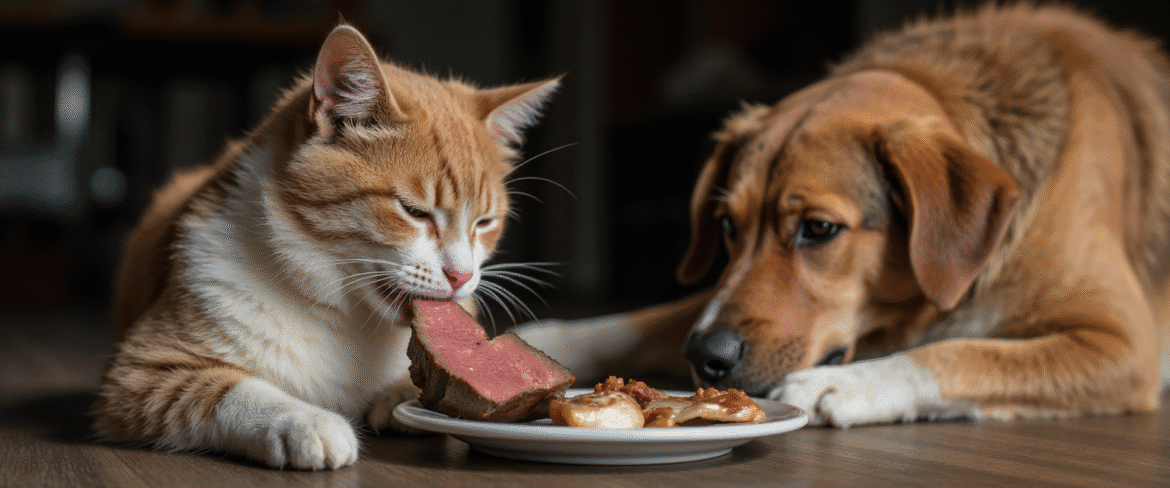
How to Choose the Perfect Name for Your Pet
Introduction Hi everyone, and thanks for joining me on this episode of Val Talk’s Pets. Have you ever wondered how people chose names for their pets? Some dogs and cats […]
 play_arrow
play_arrowParrot Partners – An Interview with Judy Tennant BA, B.Ed, M.Ed Val Cairney

 play_arrow
play_arrow“Human” Foods For Pets Val Cairney

Hi everyone, and thanks for joining me on this episode of Val Talk’s Pets. I was thinking the other day, why do we separate food for our pets as their food and human food? Why isn’t it just food? Well obviously, not all food that humans consume is for dogs and cats or small animals, but what food is totally allowed? Let’s go exploring to find out what foods besides designated pet food are totally fine for a pet.
If you look around the pet specialty store or ask an expert, you will find just about every protein you can think of. The most familiar ones are chicken, turkey, beef, lamb, fish (usually salmon or whitefish, possibly herring or another fish). Pork and duck are also mainstream these days.

If you want to feed these proteins to your pet in the same form as you would consume it (not in kibble, freeze-dried, or raw), you need to buy the leanest form. Debone and skin the protein before cooking. Boneless, skinless chicken or turkey is ideal. If cheaper cuts have skin or bones, remove them, as bones can be dangerous when cooked, and skin increases fat content.
It is not recommended to feed dogs raw bones from grocery stores. They can carry E.coli or Salmonella, and jagged edges can cause injuries.
You can make bone broth from large bones, which is safe for dogs. Frozen bones from pet specialty stores are safer, as they are processed specifically for dog consumption.
Raw grocery store proteins are intended for humans, so they must be cooked to kill bacteria. Reputable raw pet food providers freeze proteins at deep temperatures to minimize bacteria. Always sanitize utensils, bowls, and hands when handling raw meat.

According to the American Kennel Club:
Unsafe fruits: grapes, raisins, cherries (pits contain cyanide), avocado skin and pit, unripe tomatoes, persimmons (seeds).
Cats can generally eat the same fruits, but they may be less inclined due to fewer taste buds.

Many holistic practitioners recommend cooked vegetables for better nutrient absorption.
Cats can eat some vegetables (broccoli, pumpkin, peas, carrots, asparagus, zucchini, corn, leaf lettuce, romaine), though they are obligate carnivores and don’t require them.
According to Top Dog Tips:
There are many proteins, fruits, and vegetables that dogs and cats can enjoy. When in doubt, do research and err on the side of caution, because knowing is caring.
Tagged as: foods toxic to cats and dogs, pet nutrition and diet tips, healthy proteins for pets, human foods dogs can eat, safe and toxic foods for pets, what human food can dogs eat, safe fruits and vegetables for pets, feeding pets safely at home.
Hi everyone, and welcome to Val Talk’s Pets, the forum for pet parents and enthusiasts alike. So, I have been working in the pet industry now for almost 10 years and, on a daily basis, I handle a lot of issues and questions arising from pet parents. I am not a veterinarian but I do have certifications in Canine, Feline, Small Animal, Fish and Herptile and Avian Health and Nutrition from the University of California, Davis Extension, the Vet College.

Val Cairney October 17, 2025
Introduction Hi everyone, and thanks for joining me on this episode of Val Talk’s Pets. Have you ever wondered how people chose names for their pets? Some dogs and cats […]


Val Cairney December 26, 2025
For the price of a coffee, or more if you are feeling generous, you can help keep this podcast going & growing. Please visit my ko-fi page to make a donation. Thanks!
all rights reserved - Val Talks Pets - 2024